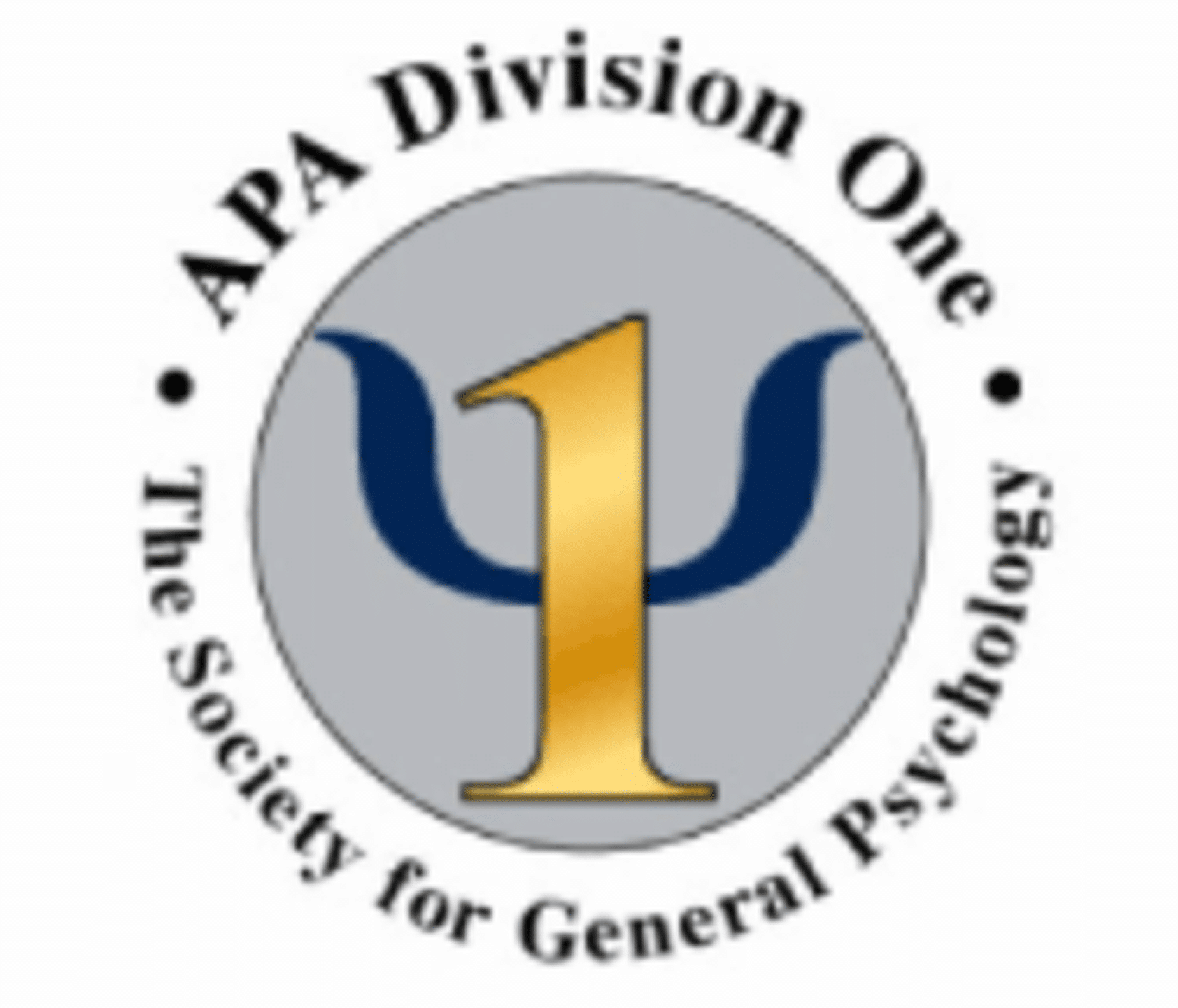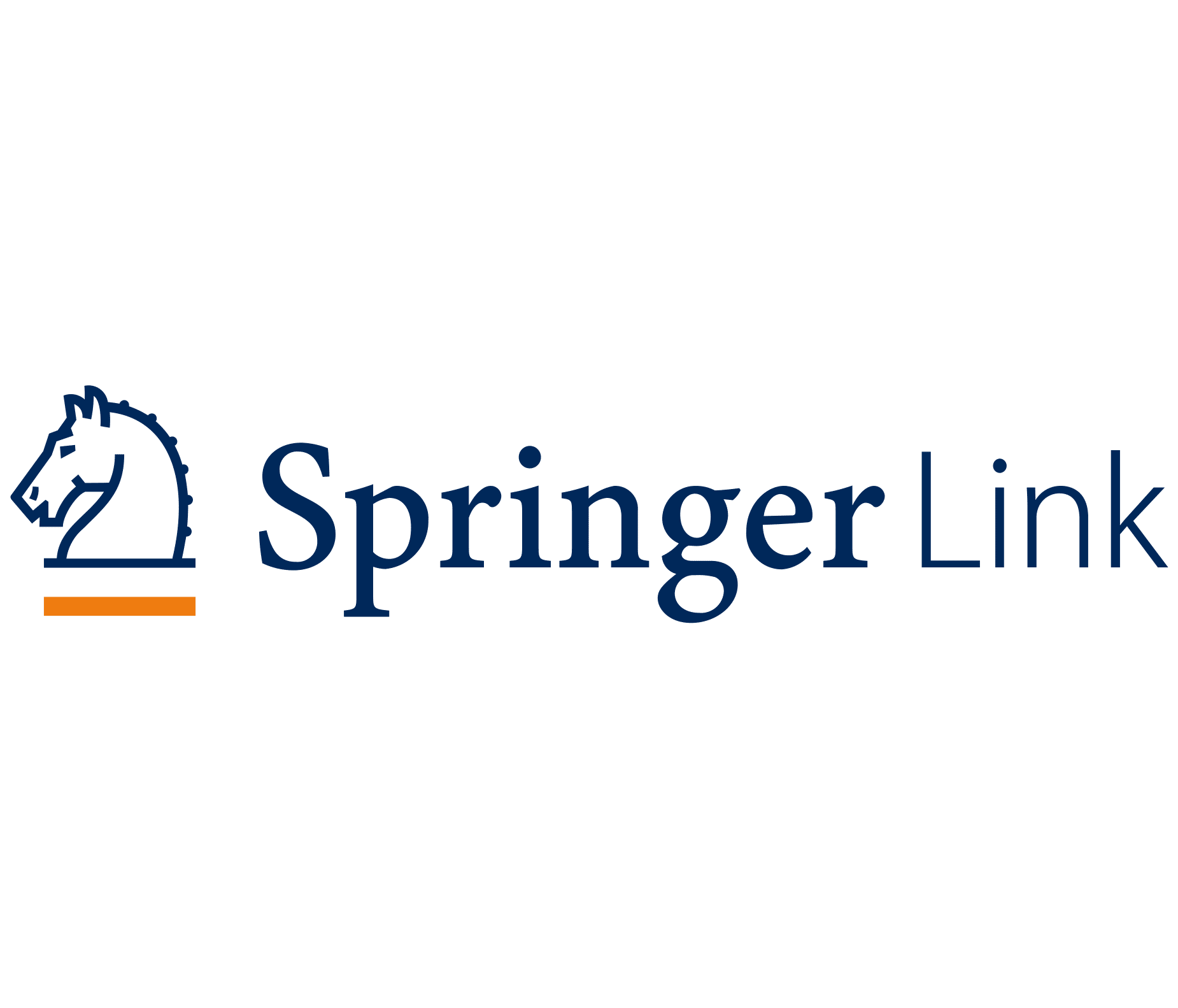The process of awakening is a remarkable experience when doing it alone, but it seems to me that having a teacher allows a person to truly understand the experience and experience it fully.

Here Dr Jones explores the research and methods on how to achieve the balance of external quality of life and internal well-being. Ten mindfulness skills and practices are introduced.
Mysticism in all the spiritual traditions including the now well researched Buddhist psychology, argue that the apex of human potential, known by many terms such as enlightenment, union with God, nondual awareness, involves the deconstruction of the conventional sense of self.
Seen as the endpoint of training, the Tibetan Buddhist term for such an accomplished practitioner is “bodhisattva” (byang chub sems dpa), translated as “hero of the enlightened mind”. This “self-less” or nondual way of experiencing and relating to the world, leads to the perception of oneness or connectedness to people and surroundings.
This experience goes well beyond the conventional goals of clinical mindfulness and the common parameters of subjective well-being. Along with an experience of a non-defined sense of self (space, awareness or no self), the higher-order goal or operating principle of all activity is not for one’s own benefit alone, but for the benefit of all sentient beings.
There is increasing evidence in the fields of mindfulness and neuroscience that training in this nondual awareness, results in an individual who is both fully functional, selflessly altruistic and experiences an unshakable well-being, independent of the status of life domains. Furthermore, it is proposed that this type of training over time can radically increase mental and physical abilities typically reserved for superheroes.
If so, this expands our understanding of the upper limits of human potential for well-being, self-lessness, and special abilities, beyond the expected norms of human behaviour. If such practices are specifically designed to create selfless individuals with superhero abilities, this has particular relevance to the scientific study of heroism. As such the researchers of heroism science may indeed be ideally positioned to identify and teach the skills needed to create an enlightened society.
In this talk, Dr Jones looks at the causes and conditions of happiness, the origins of mindfulness, and the advanced mindfulness practices that develop both inner well-being, and increased capabilities. Empirical evidence was explored that included data on enhanced functioning including elevated physical health and resistance to disease, increased immunity to aging, improved cognitive processing, and greater resilience. Mindfulness training can augment mental and physical capabilities through skills such as neutral non-judgemental awareness, thought suspension, and deconstruction of the sense of self.
Psychological research into quality of life and subjective well-being (SWB) focuses on conducive life conditions, healthy cognitive-affective processes, and adaptive behaviours. There is increasing evidence however that mindfulness training can deliver qualities relevant to these areas, such as increased attentional functioning, enhanced primary sensory awareness, enhanced functioning including elevated physical health and resistance to disease, increased cognitive control, reduced fear and pain responses, increases in loving kindness and overall well-being, and reduced frequency of presentation at allied health services.
Furthermore, whilst in conventional psychological models, well-being fluctuates based on changing mental and physical phenomena, in traditional mindfulness its focus is more on the development of sustainable “trait” (chronic) versus “state” (acute) well-being. Interweaving observations drawn from research, the presentation explores the relevant theory, practices, and scientific outcomes of mindfulness. It proposes that there is encouraging evidence that robust and uninterrupted well-being is trainable with the suite of mindfulness techniques.
To inquire about Dr Jones speaking calendar please fill in your details below and one of our team will get in contact with you.

Mindfulness and Inner Well Being Training
1. Education
2. Training
3. Mastery

Mindfulness-based Quality of Life and Inner Well-Being
Presented in the following formats:
1. One hour presentation
2. Half day
3. Full day
4. The full course in either a two-day or 6 weekly x 2 hr modules (12 hrs).

Dr Patrick Jones is regularly interviewed on a range of topics. Scroll down to access the below interview categories.
1. Mindfulness and Inner Well Being Training – how to balance inner happiness with a life that works across the top five life areas.
2. Mindfulness and Heroism – Creating Enlightened Heroes – how to live a courageous life.
3. Mindfulness-based Quality of Life and Inner Well-Being – the foundation for unshakeable well-being.
Patrick has presented at state, national and international conferences in psychology and health for the last twenty years, and has also been a director at eastern ashrams and western monasteries.
With postgraduate degrees across several disciplines and a PhD in psychology, Dr Patrick Jones has a strong research background and sees the value in being informed about the fields of mindfulness, quality of life and well-being.
Through his clinical work and research, Patrick developed a quality of life and well-being program (Mindfulness-based Quality of Life and Well-Being Program) which has been used by thousands of people in one-on-one and group settings.
The focus of his training is to both assist people to build a robust psychological health and balanced quality of life; and to experience the true untouchable sense of self – awakening to the natural state of inner well-being..






This talk builds a bridge between mindfulness and heroism and asks the question – can mindfulness, and its ultimate goal of enlightenment, build super heroes? It explores the methods, practices and findings of mindfulness and see if this old approach can be used to train a modern-day hero. Dr Patrick Jones first presented this talk at the Inaugural Heroism Science Conference.
Dr Jones’s Mindfulness-Based Quality of Life and Well-Being Program teaches skills to achieve inner well-being and to improve the Quality of your Life. Delivered to thousands of people in one-on-one, seminar and conference settings, it can be presented in a range of formats. These include: 1 hr presentation, ½ day, 1 day or the full course in either a two-day or 6 weekly x 2 hr modules (12 hrs).
The focus of Dr Patrick Jones’ individual work with students is to lead people along the path to inner well-being. This is a journey and requires a commitment to embrace the hero’s journey, the path past pleasure and pain, to the true nature of the self.
Dr Jones acknowledges that the most popular research-based treatments for well-being suggest multi-modal therapy – the use of medication to address chemical imbalance and cognitive-behavioural therapy to restructure negative thoughts and feelings, and behaviour management to modify dysfunctional behaviours.
This treatment approach, whilst often necessary for those in crisis, is based on the concept of a “self”, which from traditional psychology, is a collection of beliefs and behaviours forming a sense of self or “I”. This I or ego aims to achieve quality of life or well-being by attempting to minimise its pain and maximise its pleasure. Like shares, if your life conditions or your thoughts about them go up or down, so do you.
Whilst Dr Jones is supportive of the conventional approach for those in need of regular therapy, in his individual sessions, he helps people see through life conditions, thoughts and feelings, and to investigate the presence of the Self or true nature. In this approach it is seen that your well-being can be experienced as the unchanging natural peaceful state of a human being – your true nature.
As such sessions do not only use the traditional methods of challenging negative thoughts or reconditioning dysfunctional behaviours. Rather people are also assisted to see the essential emptiness of thoughts, feelings and sensations. With this focus you are taught to develop objective awareness of thought and full openness to emotion and sensation in your important life areas. The focus of the work is to assist others to see through the false sense of self and to experience the true untouchable sense of self – to awaken to the natural state of inner peace.
To inquire about access to Dr Jones in person or online please submit a request through the Contact Us form.
To inquire about Dr Jones speaking calendar please fill in your details below.